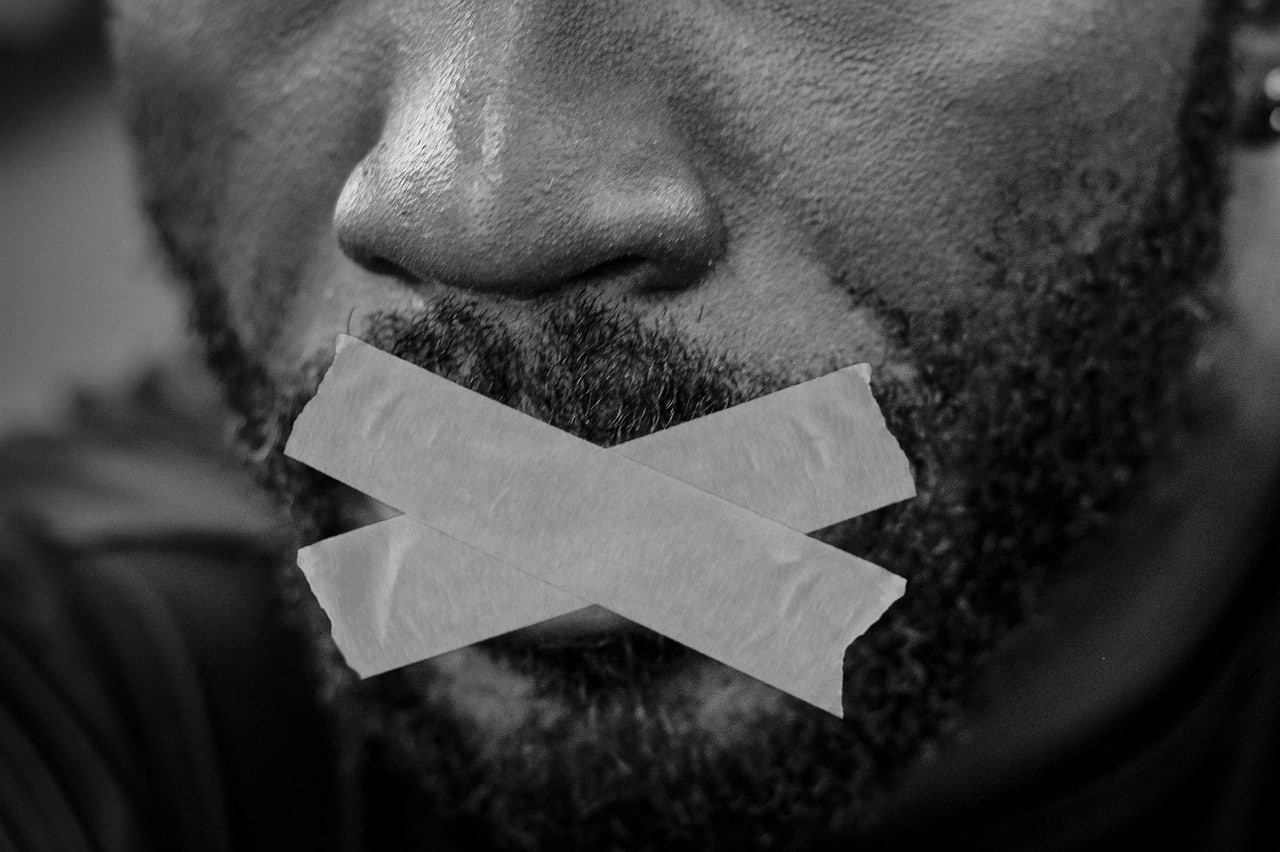
Freedom of expression means that a person cannot be harassed for their opinions.
Freedom of expression is the right of all human beings to express themselves without being harassed because of what they think. It represents the possibility of carrying out research, accessing information and transmitting it without barriers.
This freedom is part of people's human rights and is protected by the Universal Declaration of 1948 and the laws of all democratic States.
Freedom of expression, prior censorship and subsequent responsibility
Expression should never be subject to prior censorship : instead, it can be regulated based on subsequent responsibility . This means that, with freedom of expression, a person cannot be prevented from expressing themselves, but they can be punished for their messages. For example: a journalist plans to denounce the corruption of an official on a TV program. The latter tries to stop the broadcast of the show but the former, protected by his right to say what he thinks, manages to spread the contents. However, Justice shows that the information is false and the journalist must finally face charges of slander and libel.
The right to freedom of expression, therefore, is not absolute. Legislation generally prohibits a person from inciting violence or crime , advocating discrimination and hatred, or inciting war. In a country with freedom of expression you cannot promote racial rejection or encourage murders.
Freedom of expression is linked, in turn, to freedom of the press , which is the guarantee of transmitting information through social media without the State being able to exercise control before broadcast.

Freedom of expression cannot be restricted with prior censorship.
The dictatorships
When the government in a country is removed by external forces, generally the armed forces or paramilitary groups that want to seize power, a de facto government is established, which is known as a dictatorship . This type of entity in power severely attacks freedom of expression.
Although when thinking about authoritarian governments the first thing that comes to mind is Latin American dictatorships, this is an evil that lurks and has threatened the harmony of many countries, such as Spain , Romania , the Netherlands and China . In the work "Hunger and Silk" by Herta Müller, an analysis is made of how devastating dictatorships can be and certain questions are put on the table that are laughable but are part of reality.
One of the fundamental consequences referred to is censorship , the deprivation of all freedoms, including freedom of expression, which is put into practice through torture and infernal impositions. The testimonies of those people who have had to face this type of oppression are truly heartbreaking .
During a dictatorship, the media suffer a profound reduction in the content they distribute. For example, in March 1976, a statement was sent to all the Argentine media where they were threatened, telling them that anyone who disclosed information coming from subversive groups would receive a sentence that, depending on the level of severity of what was published, could range from imprisonment to the closure of said medium by the Armed Forces . At that time, all the news that was released was distributed by the official Télam agency and all the media had to strictly adhere to it. It should be noted that many journalists and information professionals are tortured or even murdered in this type of government.
Freedom of expression beyond the media
In any case, it is worth mentioning finally that censorship of freedom of expression is not only linked to the media, but also to other scenarios such as literature or cinema , and in some dictatorships it has an impact on life. of each citizen.
In this situation, no person has the right to say what they think in public places, and even, in the most extreme cases, law enforcement intrudes into private spaces and restricts the freedom of those who are there.
